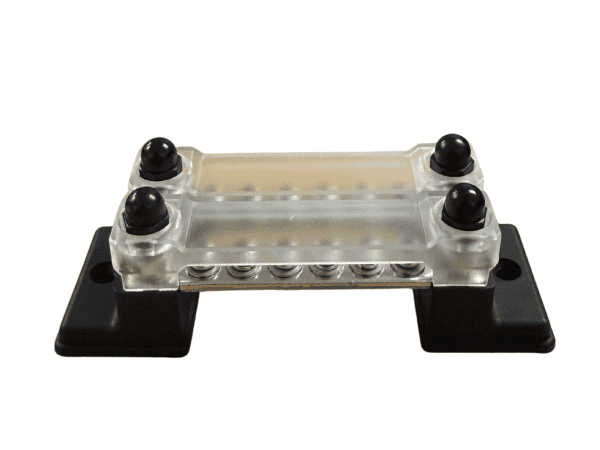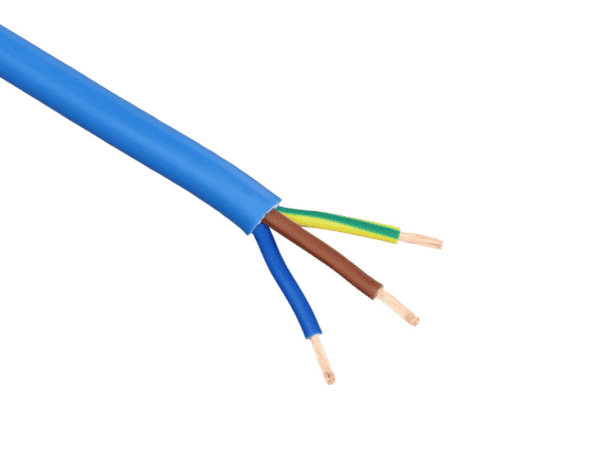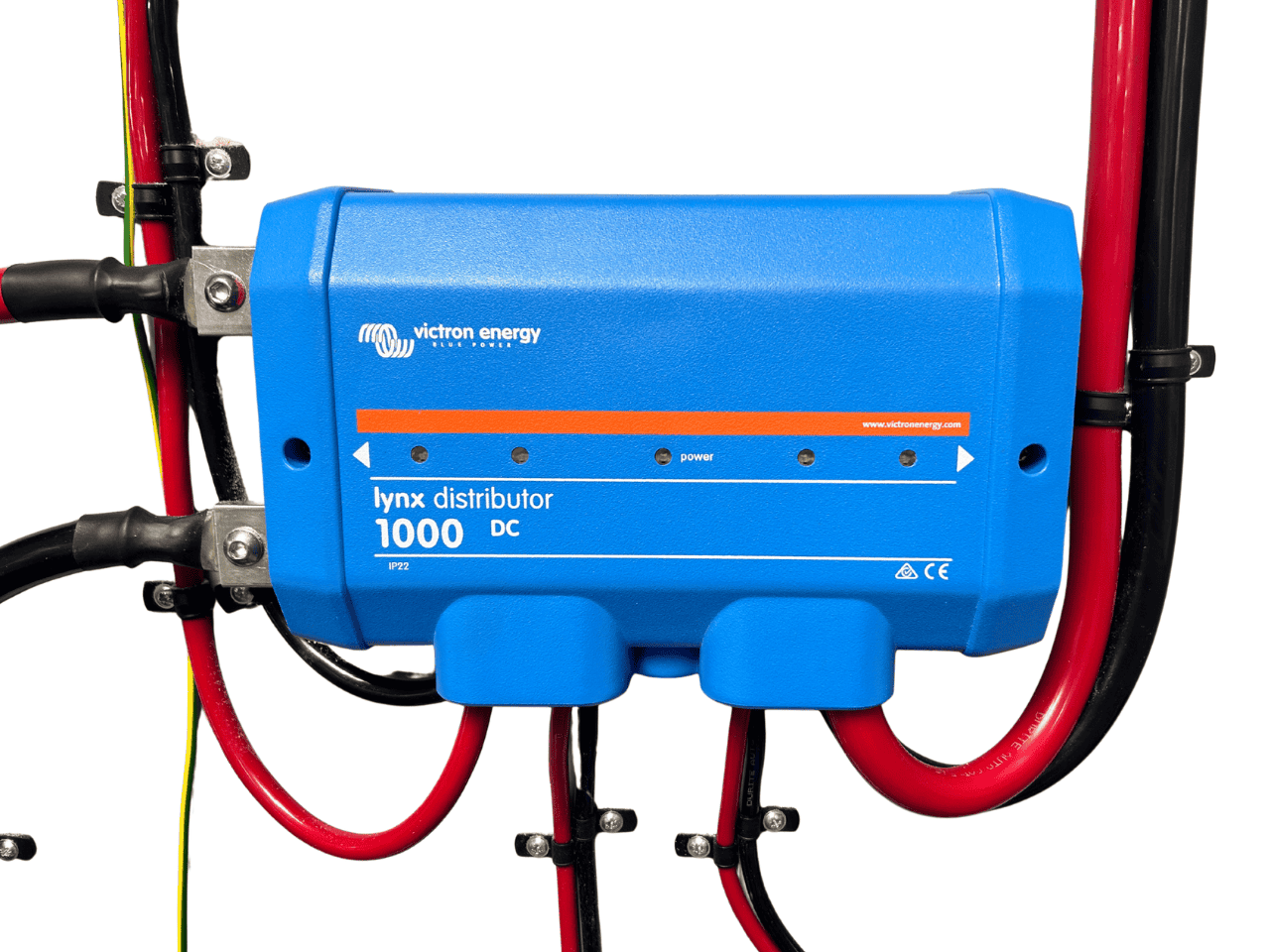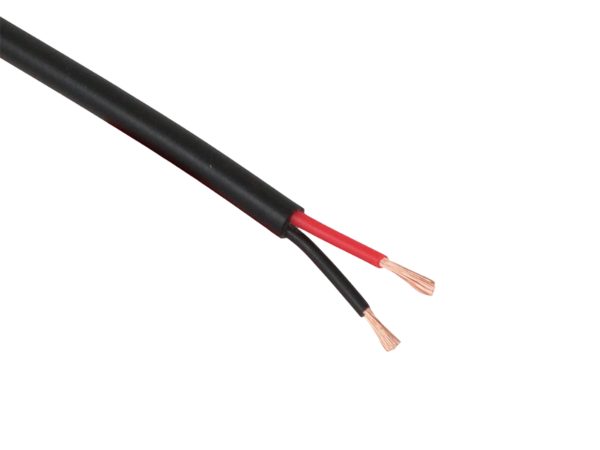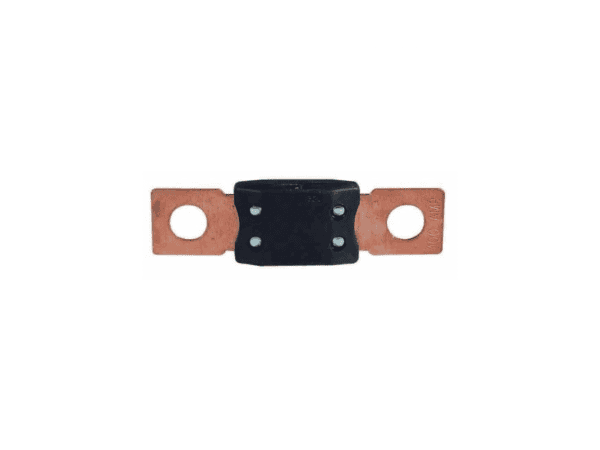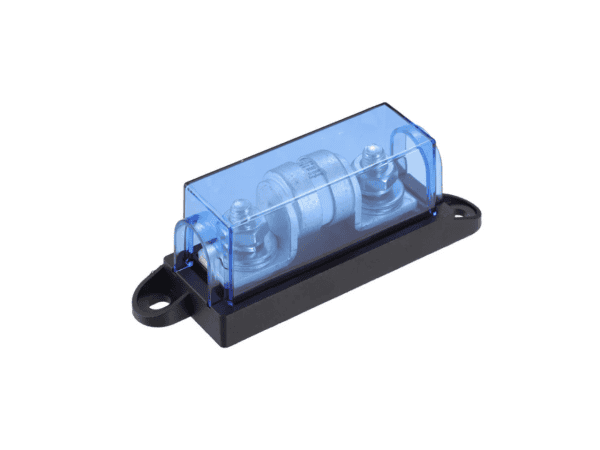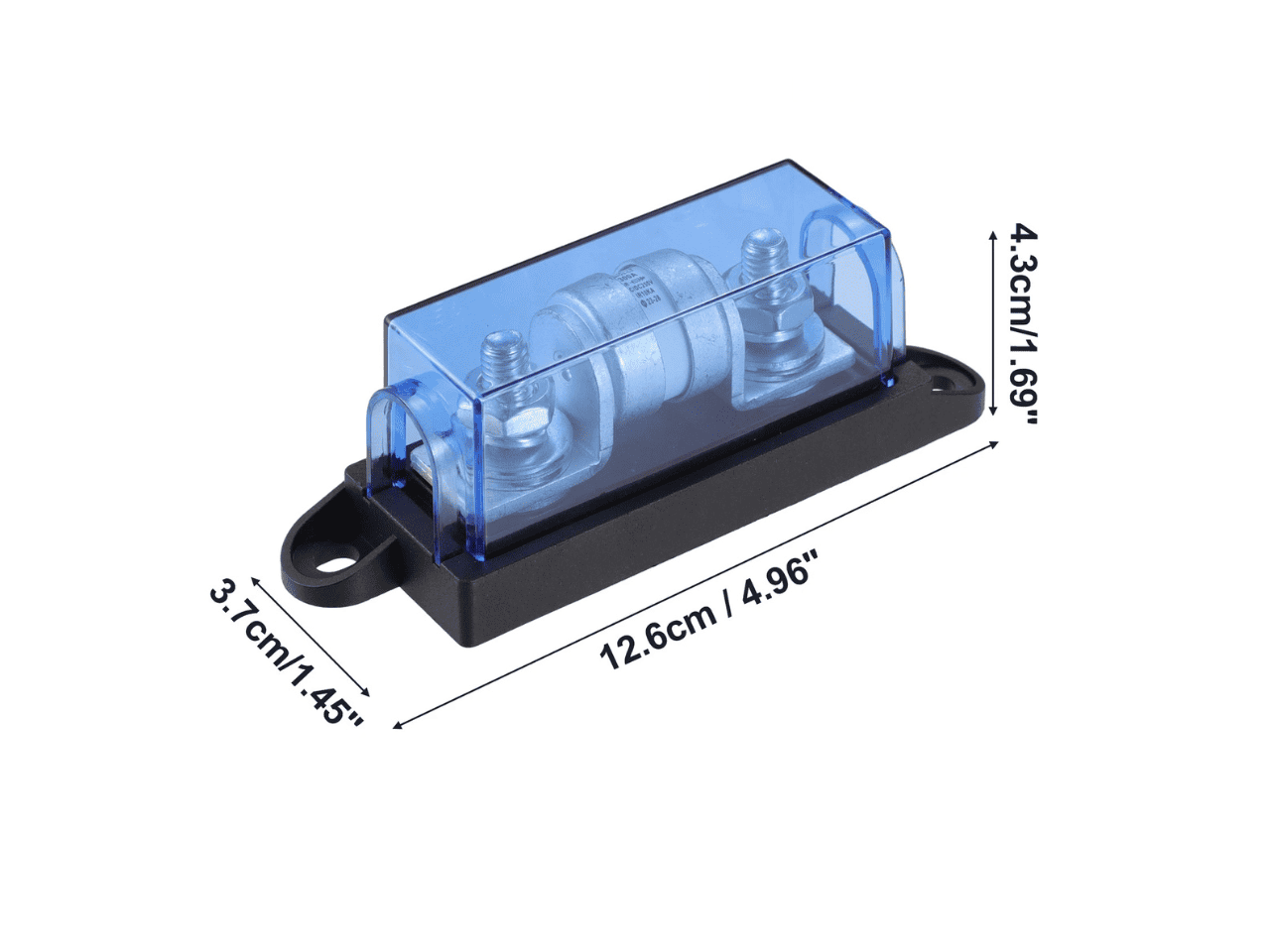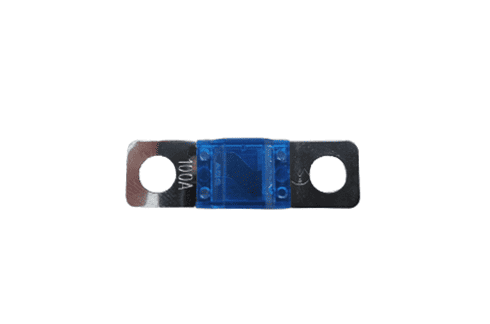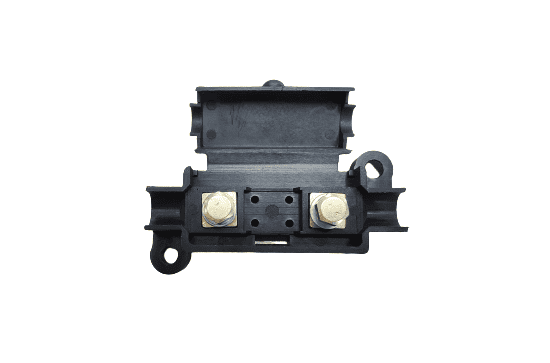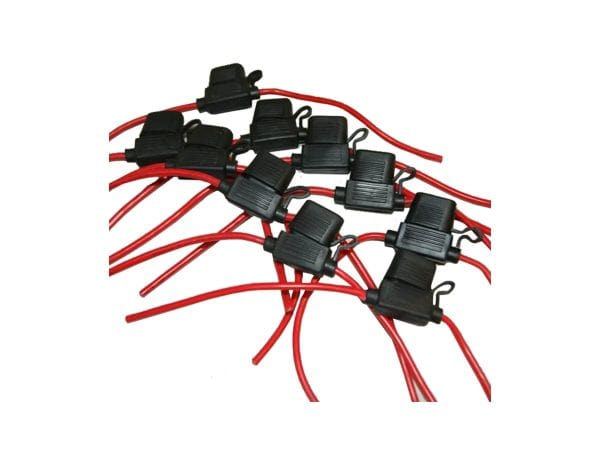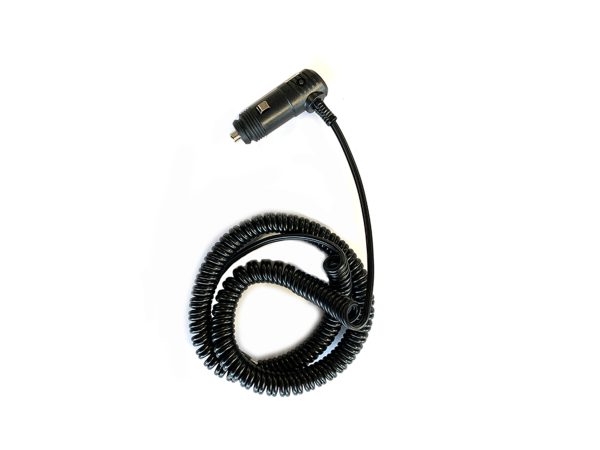Showing all 46 results
What Size 12v cable do I need for my campervan conversion?
Campervan electrics doesn’t need to be difficult. However, it is important that your cable size and fuses are correct matched to the power rating of your appliances. In some instances, such as the operation of a 12v compressor fridge it is also important to ensure that the wiring looms does not suffer voltage drop along it’s length. Voltage drop affect the fridge’s performance and may lead to it not starting up.
What causes voltage drop?
Voltage drop can be a problem with all low voltage installations and is caused by resistance in the cable along it’s length. Voltage drop is minimised by correctly matching cable thickness to appliance power draw and cable length.
We can advise you on what cable and fuse size most suitable for your campervan conversion build. Get in touch or visit our showroom.
What fuses do I need in a camper and why do I need them?
Every appliance or wiring loom in a campervan needs to be fuse protected to ensure its safe operation. Without a fuse any short circuit or overload will cause the cable to heat up dangerously and may even catch fire. Fuses also allow us to safely undertake maintenance or repair work. A fuse is simply removed to stop the circuit being live.
How is 12v cable rated?
12v automotive cable is made from very fine cable strands, usual 0.3-0.5mm thickness. Thin cable strands are more efficient at carrying low voltage current. The overall cable size is often measured relating to its overall cross sectional surface area (not diameter). For example a 1.9mm diameter cable has a cross section of 4mm2, this can also be given a size of 12AWG often used in the US. The cable is then rated on a maximum permitted current for the cable size, for example 4mm2 cable usually has a current rating of 33 amps. Cable is also usually labeled with the number of copper stands in it’s core, for example 4mm2 12AWG cable has 65 strands @ 0.3mm.



